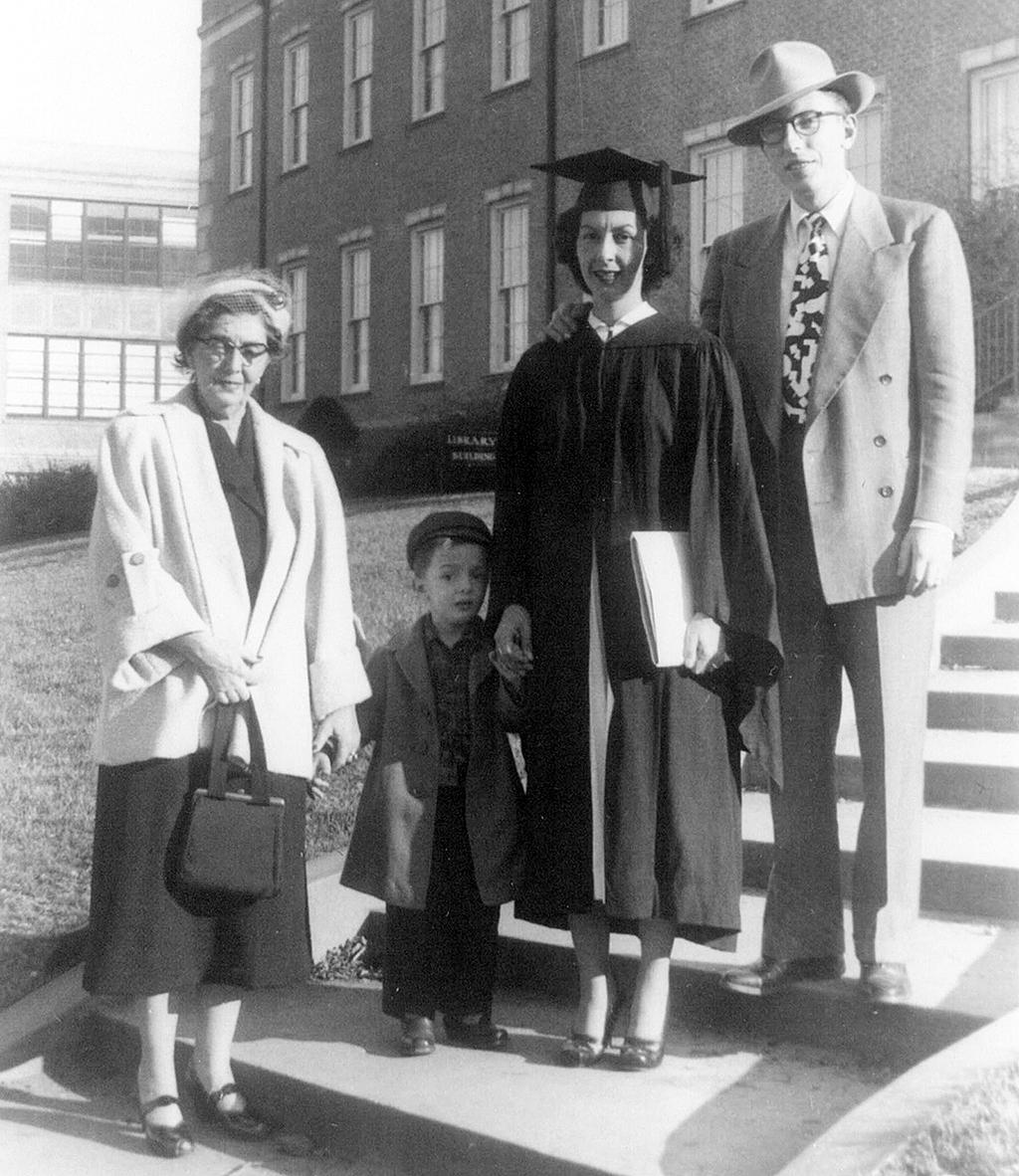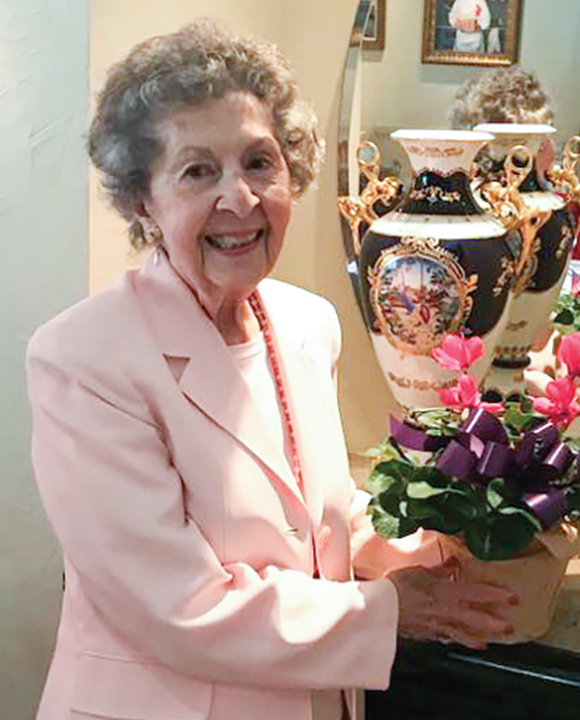
When my husband, William J. Schlueter ('53 M.B.Ed.), and I arrived on campus with our 2-year-old son in 1952, we definitely were in the minority. Most of the students were Texans or from Arkansas, Oklahoma or Louisiana. We came from DePaul University in Chicago.
We had left in search of a nicer climate and a state we would be proud to be a part of. Bill, who served in the Pacific in World War II before graduating from DePaul, began work on a master's degree in business education. I entered as a junior, majoring in secondary education.
We lived at 215 Sheridan Road in Vet Village, an area that had been rather hastily constructed to accommodate married students studying on the G.I. Bill. The residents also called it Fertile Valley, due to the fact that there were so many couples with children living there.
Three unpaved streets in the area were named after movie stars associated with North Texas, including former student Ann Sheridan. There also was a small playground for the children. My husband and I arranged our classes so that one of us was usually at home with our son, and a lady who took care of other children occasionally helped with babysitting.
Although we had moved south in part to escape the cold, we lived through two bitter winters while we were in Vet Village. The buildings were "Dallas Huts" left over from the war, and it was so cold that a thin layer of ice would form inside the thin walls of what were loosely called bedrooms. The hut had a free-standing heater, which we were warned had to be shut off at night because it was a fire hazard. Happily, neither my husband nor I nor our little boy ever got sick.
